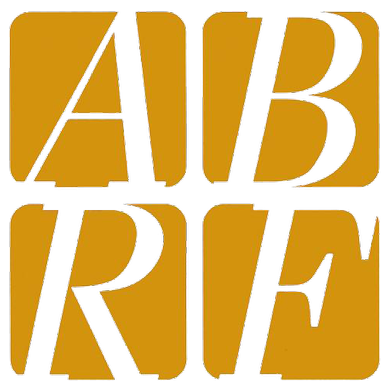Technology Showcase: Zymo Research Corporation
RNA-Seq is a powerful tool that allows researchers to effectively digitize the transcriptome of a biological sample. However, ribosomal RNA (rRNA) transcripts typically comprise between 80%-90% of all cellular RNAs and must be avoided or eliminated for researchers to efficiently analyze the remaining 10% of biologically relevant sequences.
Oligo(T)-mediated mRNA-enrichment and probe-based ribosomal depletion are the two of the most common methods used to avoid or eliminate rRNA reads from RNA-seq libraries. However, no study to date has proposed a solution to address the effects of off-target bias in either ribosomal depletion or poly(A)-enrichment on the whole transcriptome.
Here, we compare two leading commercial kits for rRNA depletion and poly(A)-enrichment to our own, probe-free approach. We find that conventional, probe-based ribosomal depletion and oligo(T)-mediated poly(A)-enrichment methods both introduce significant changes to the transcriptome, while the probe-free method is effectively free of bias and best preserves the original transcriptome profile. We find that the probe-free method is universally applicable to any sample type, even across samples representing organisms from different biological kingdoms and phyla.

